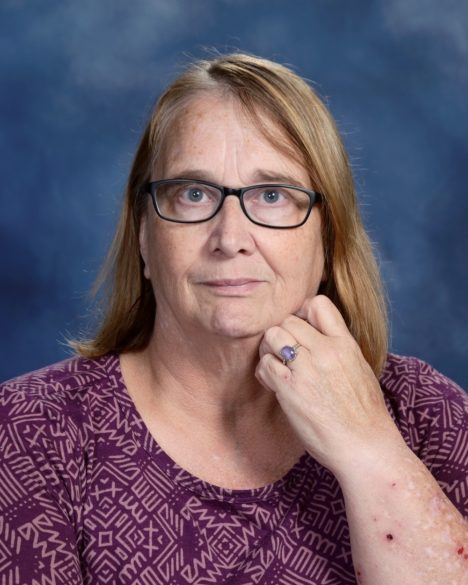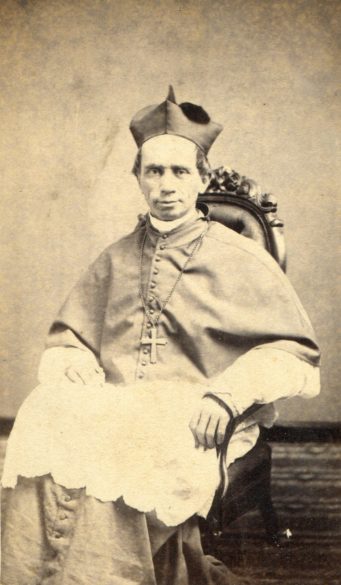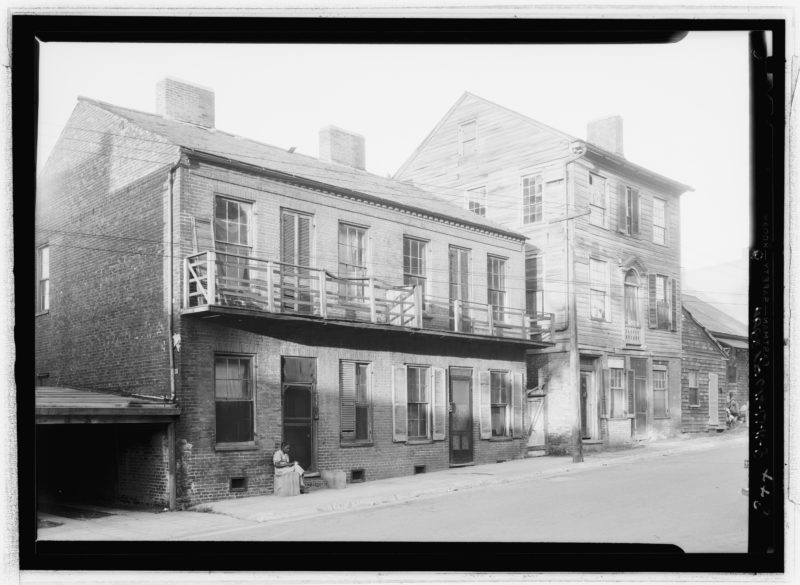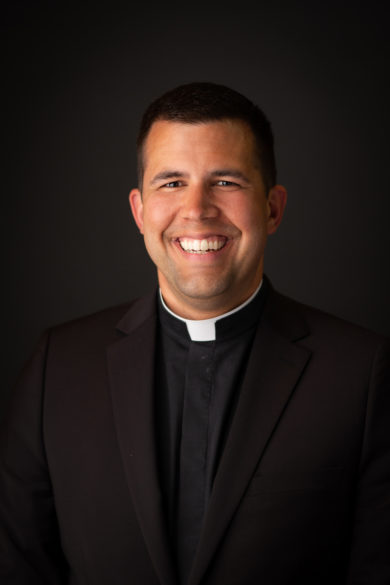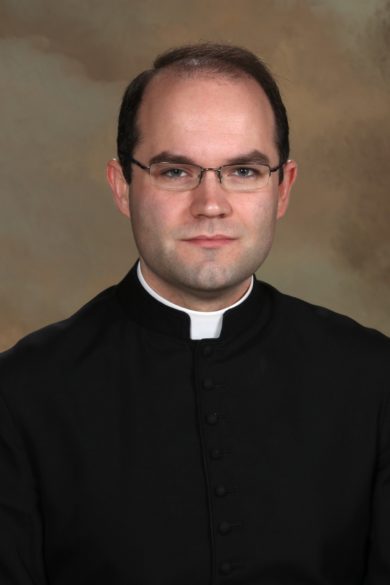A colleague once challenged Pierre Teilhard de Chardin with this question. You believe that good will ultimately triumph over evil; well, what if we blow up the world with an atomic bomb, what happens to goodness then? Teilhard answered this way. If we blow up the world with an atomic bomb, that would be a two-million-year setback; but goodness will triumph over evil, not because I wish it, but because God promised it and, in the resurrection, God showed that God has the power to deliver on that promise. He is right. Except for the resurrection, we have no guarantees about anything. Lies, injustice, and violence may well triumph in the end. That is certainly how it looked the day Jesus died.

Jesus was a great moral teacher and his teachings, if followed, would transform the world. Simply put, if we all lived the Sermon on the Mount, our world would be loving, peaceful, and just; but self-interest is often resistant to moral teaching. From the Gospels, we see that it was not Jesus’ teaching that swayed the powers of evil and ultimately revealed the power of God. Not that. The triumph of goodness and the final power of God were revealed instead through his death, by a grain of wheat falling in the ground and dying and so bearing lots of fruit. Jesus won victory over the powers of the world in a way that seems antithetical to all power. He did not overpower anyone with some intellectually superior muscle or by some worldly persuasion. No, he revealed God’s superior power simply by holding fast to truth and love even as lies, hatred, and self-serving power were crucifying him. The powers of the world put him to death, but he trusted that somehow God would vindicate him, that God would have the last word. God did. God raised him from the dead as a testimony that he was right and the powers of the world were wrong, and that truth and love will always have the last word.
That is the lesson. We too must trust that God will give truth and love the last word, irrespective of what things look like in the world. God’s judgment on the powers of this world does not play out like a Hollywood film where the bad guys get shot in the end by a morally superior muscle and we get to enjoy a catharsis. It works this way: everyone gets judged by the Sermon on the Mount, albeit self-interest generally rejects that judgment and seems to get away with it. However, there is a second judgment that everyone will submit to, the resurrection. At the end of the day, which is not exactly like the end of the day in a Hollywood movie, God raises truth and love from their grave and gives them the final word. Ultimately, the powers of the world will all submit to that definitive judgment.
Without the resurrection, there are no guarantees for anything. That is why St. Paul says that if Jesus was not resurrected then we are the most deluded of all people. He is right. The belief that the forces of untruth, self-interest, injustice, and violence will eventually convert and give up their worldly dominance can sometimes look like a possibility on a given night when the world news looks better. However, as happened with Jesus, there is no guarantee that these powers will not eventually turn and crucify most everything that is honest, loving, just, and peaceful in our world. The history of Jesus and the history of the world testify to the fact that we cannot put our trust in worldly powers even when for a time they can look trustworthy. The powers of self-interest and violence crucified Jesus. They were doing it long before and have continued doing it long after. These powers will not be vanquished by some superior moral violence, but by living the Sermon on the Mount and trusting that God will roll back the stone from any tomb in which they bury us.
Many people, perhaps most people, believe there is a moral arc to reality, that reality is bent towards goodness over evil, love over hate, truth over lies, and justice over injustice, and they point to history to show that, while evil may triumph for a while, eventually reality rectifies itself and goodness wins out in the end, always. Some call this the law of karma. There is a lot of truth in that belief, not just because history seems to bear it out, but because when God made the universe, God made a love-oriented universe and so God wrote the Sermon on the Mount both into the human heart and into the very DNA of the universe itself. Physical creation knows how to heal itself, so too does moral creation. Thus, good should always triumph over evil – but, but, given human freedom, there are no guarantees – except for the promise given us in the resurrection.
(Oblate Father Ron Rolheiser is a theologian, teacher, and award-winning author. He can be contacted through his website www.ronrolheiser.com.
Now on Facebook www.facebook.com/ronrolheiser)

